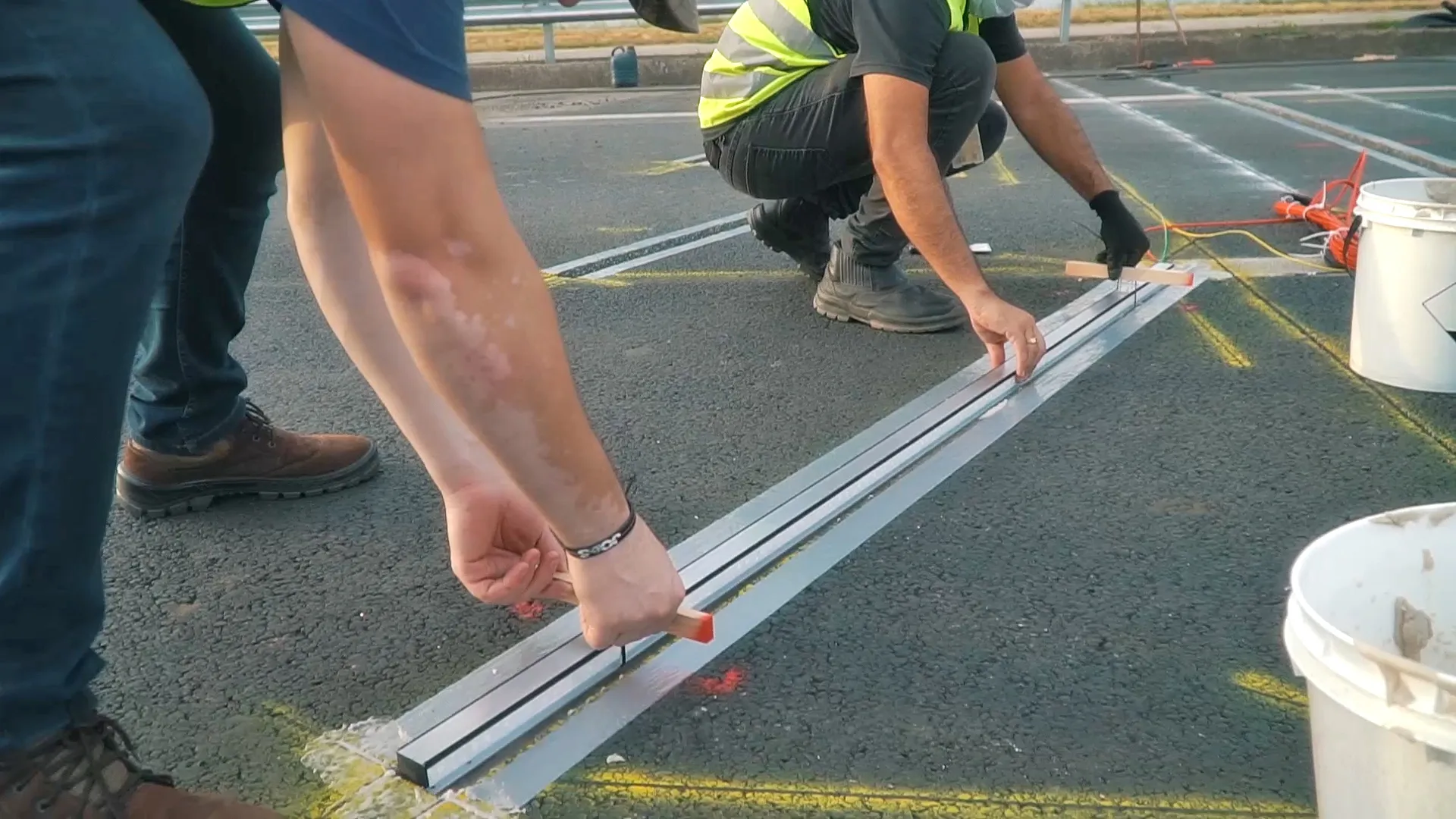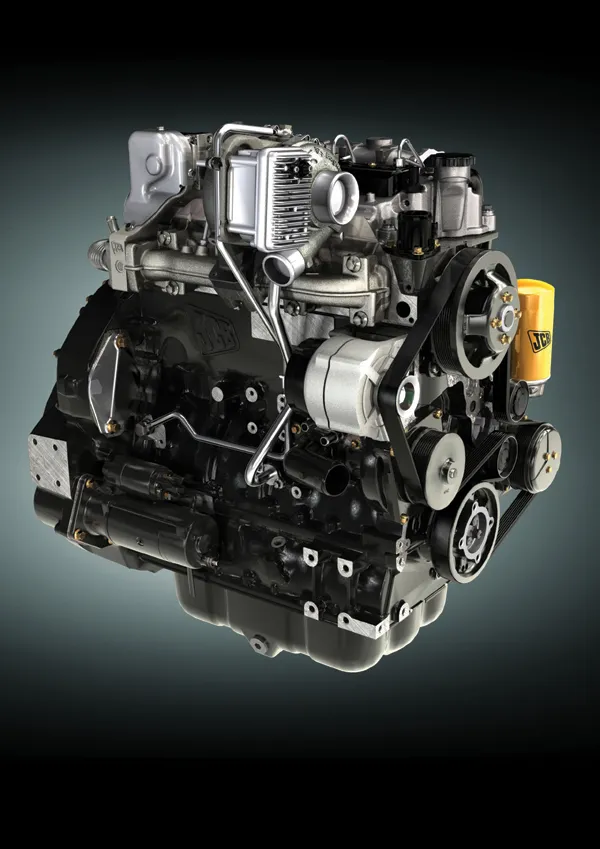Italian utility Enel has reached an agreement with ENI, the Italian oil and gas group, to boost the presence of electric vehicle charging facilities at petrol stations. Enel has already created a fast vehicle charging station that uses 43kW alternating current, providing a charge of up to 80% in about 30 minutes. The first charging stations will be delivered by March 2013 across ENI's 4,700 petrol stations.
January 4, 2013
Read time: 1 min
Italian utility Enel has reached an agreement with 7068 ENI, the Italian oil and gas group, to boost the presence of electric vehicle charging facilities at petrol stations.
Enel has already created a fast vehicle charging station that uses 43kW alternating current, providing a charge of up to 80% in about 30 minutes. The first charging stations will be delivered by March 2013 across ENI's 4,700 petrol stations.
Enel has already created a fast vehicle charging station that uses 43kW alternating current, providing a charge of up to 80% in about 30 minutes. The first charging stations will be delivered by March 2013 across ENI's 4,700 petrol stations.








